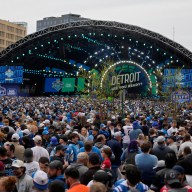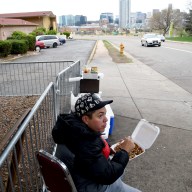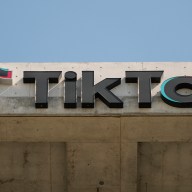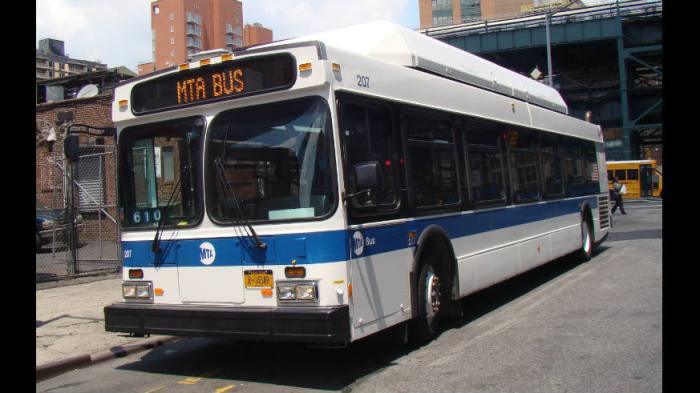About this time last year, the Boston Business Journal named Janelle Chan one of the Bay State’s “16 power brokers to watch in 2016,” a list of men and women who were expected to play important roles when it comes to shaping the local economy. The Massachusetts Bay Transportation Authority apparently was watching because it recently brought Chan aboard as the MBTA’s new real estate manager. The job places her in a position to influence everywhere the trains, buses and commuter rails run. To Chan, the T means more to Boston than just being a “people mover.”
“The T both figuratively and literally connects people,” Chan said. “Looking at it through a real estate perspective, I think about how we can make smart developments happen that contribute to making the T a better experience for everybody, but also, how do we spur good developments that provide things like housing, retail and jobs along the corridor? The MBTA sees the “corridor” extending well beyond the vicinity of its train stations. It assesses the impact it can make on real estate contiguous to a train line or bus route. By focusing on that space as a viable option for development, the T encourages communities to become more vibrant. The MBTA is also one of the largest landowners in the Commonwealth, Chan said. So the authority has a lot of leverage in terms of developing public-private partnerships and being a real asset to neighborhoods, she explained. Chan has a history of infusing her real estate work with advocacy. While Chan served as executive director of Boston’s Asian Community Development Corporation, the organization launch One Greenway, an ambitious development with 40 percent affordable housing, according to Boston Business Journal, and before that she worked for a nonprofit architecture firm in San Francisco that focused on housing and community centers. “I really wanted to be on the ground in terms of creating great development that people would be proud of, happy to be a part of and that really shaped the skyline of the city I was in,” she said. Though her role at the MBTA represents a transition from the private to the public sector, she still considers herself an advocate.
“One project I’m excited about is in Mattapan, working with nonprofits,” Chan said. “It’s a mixed-use project with 139 units of housing proposed and 69 units of that are going to be affordable, including retail development on the bottom. Through developments that foster these kinds of partnerships, Chan said, the authority is a “lean, mean machine in terms of producing good projects.”
Like many Bostonians, Chan first came to the area for her education and decided to stay. She attended the Massachusetts Institute of Technology for grad school and fell in love with the city.
“Every community and every city is different, I found that out real quick when I got out here,” Chan said, laughing. “I did come here for MIT, but I really came here to sharpen up my skills and do what I’m currently doing now—building great, healthy neighborhoods.”
MBTA more than ‘people mover,’ says authority’s new real estate manager
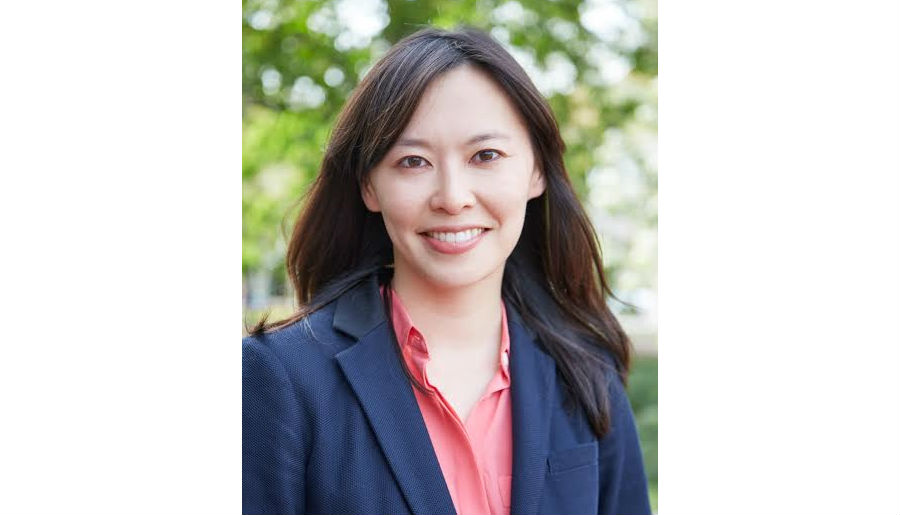
Provided





